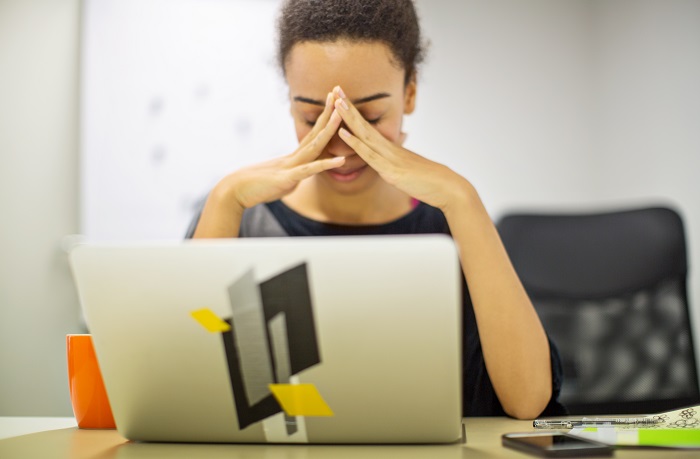The outbreak of COVID-19 has caused psychological distress and socio-economic crisis, worldwide. The situation led to lockdown in almost all parts of the world, so most of the unnecessary individual movements and social activities were prohibited. These conditions have led to increasing psychological issues in regards to mental health which involve stress, depression, irritation, anxiety, and uncertainty. A survey showed a jump in the percentage of a number of adults, from 11 % in January 2019 to 41% in January 2021 reporting anxiety and depressive order.
Psychological reactions of mass population to the virus- A view by John Giorgi:
Uncontrolled fears related to coronavirus –It is inarguably the most common as well as frequent reaction to the pandemic. Studies reveal that people who are diagnosed with the infection or are likely to get it, tend to get these pervasive fears about spreading the infection to their family members or others. People who experience any sort of symptoms similar to the infection are more likely to have these fears. Also, people with young children and pregnant women develop the fear of getting infected and transmitting the disease.
Anxiety/ Insomnia/ Depression–It is the second most common psychological reaction prevalent in society. Anxiety has increased abnormally over the past year. One of the prime reasons can be the social isolation due to the lockdown measures. Insomnia and depression can be directly linked with sensory deprivation and omnipresent loneliness. All these mental health conditions are related to fatigue and boredom. Loneliness is often led to anger and frustration. These may further be triggered by low social support, no freedom, separation from family members and loved ones.
Boredom and irritation –This factor is directly linked to the situation of quarantine across the world. These lockdown measures have in a way led to confinement and lessened social activities or physical contact with loved ones. Irritation and frustration derive from an interruption in day-to-day activities and lifestyle, lack of social networking, and necessities. These conditions coupled with any other sort of trauma might lead to unbearable anger, and in some extreme conditions even show suicidal thoughts and behavior.
Pervading loneliness –One of the major effects of quarantining is disabling loneliness which can have significant effects on an individual’s mental and physical health aspects. Loneliness is also linked with suicidal and depressive thoughts. It is also enhanced by panic, hysteria, and anxiety. The feeling of loneliness is also triggered by a lack of daily activities, and people getting home-bound. Schools and universities have gone online.
John Giorgi says that mental health is one of the most important yet overlooked aspects of today’s lives. Mental health needs more attention as these statistics reveal and second the urgency of the same.


